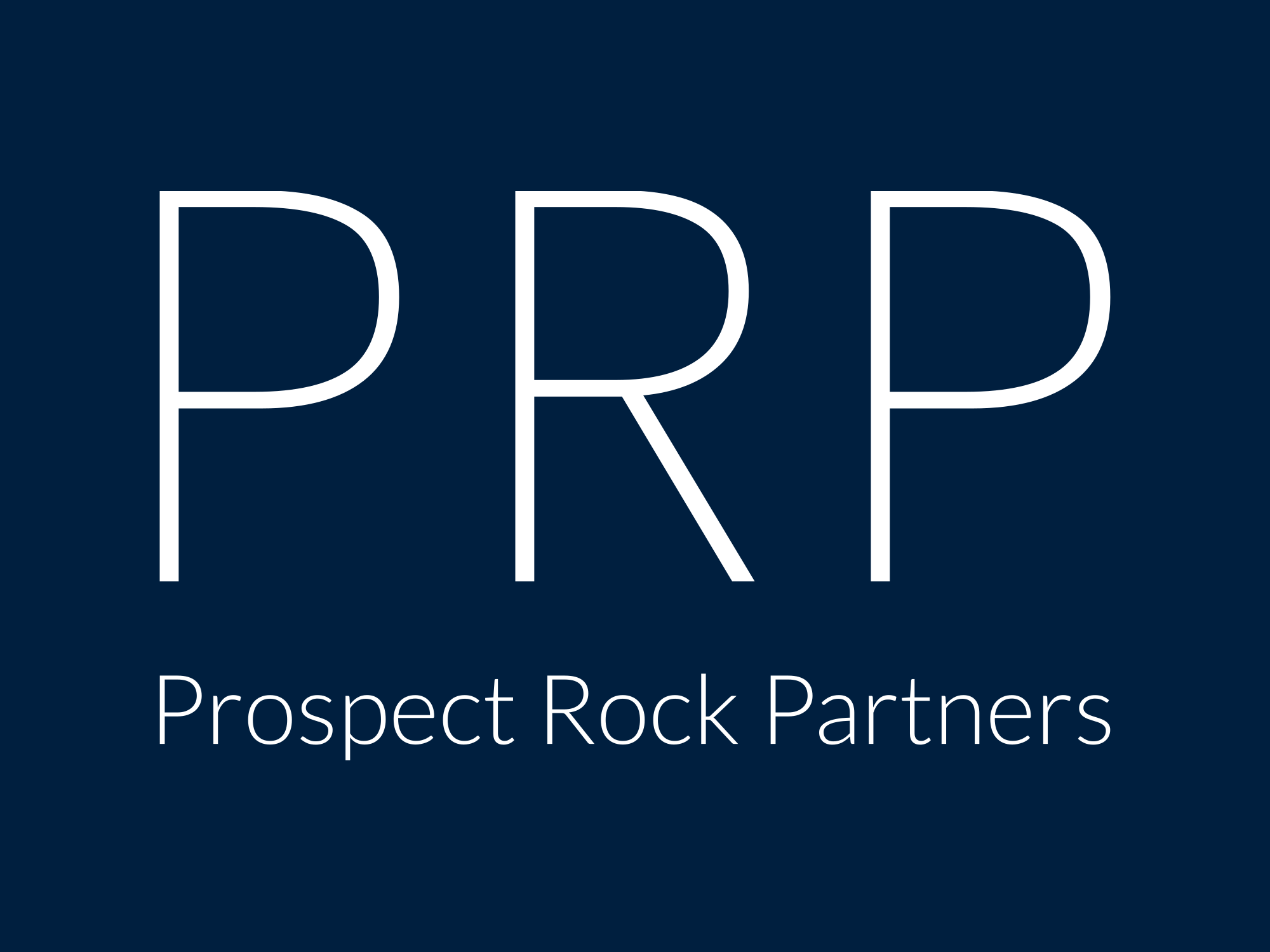Navigating the U.S. immigration system for work opportunities can be challenging, especially for international students and professionals. Two primary pathways that foreign nationals often consider are the STEM OPT and the H1-B visa. While both offer opportunities for employment in the U.S., they have different eligibility criteria, durations, and implications. One major challenge faced by many is the H1-B visa lottery system. Let’s delve deeper into these topics.
1. STEM OPT: A Bridge for International Students
What is STEM OPT? STEM OPT (Optional Practical Training) is an extension of the standard 12-month OPT (Optional Practical Training) for qualifying students who have earned degrees in fields categorized under Science, Technology, Engineering, or Mathematics (STEM). This extension provides an additional 24 months of work authorization, making it a total of 36 months for STEM graduates.
Eligibility: To qualify for STEM OPT:
- Students must have completed a degree in a STEM-designated program from an accredited U.S. institution.
- The employer must be enrolled in E-Verify, a system that ensures the legal status of their employees.
Benefits:
- It serves as a bridge for F-1 visa students to gain more work experience.
- Gives students multiple opportunities to apply for the H1-B visa.
2. H1-B Visa: The Next Step for Long-Term Employment
What is the H1-B Visa? The H1-B visa allows U.S. employers to hire foreign professionals in “specialty occupations” that require a minimum of a bachelor’s degree or higher. Typically, the visa is valid for three years and can be extended for another three, totaling six years.
The H1-B Lottery: Given its advantages, the H1-B visa is highly sought after. However, there’s an annual cap on the number of H1-B visas issued – 65,000 for individuals holding a bachelor’s degree and an additional 20,000 for those with U.S. master’s degrees or higher. With applications often exceeding the cap, the U.S. Citizenship and Immigration Services (USCIS) uses a random lottery system to determine the recipients.
3. What Happens If You Don’t Win the H1-B Lottery?
Not winning the H1-B lottery can be disheartening. Here’s what can happen and some alternative paths:
Return to your home country: If you’re on a STEM OPT and it expires without securing an H1-B visa, you might need to return home.
Apply again: Those on STEM OPT have the advantage of multiple attempts at the H1-B lottery.
Consider a different visa type: Some may qualify for other visa types like L-1 (intra-company transfer), O-1 (extraordinary ability), or even a green card based on specific circumstances.
Pursue further education: Enrolling in a higher education program can transition you back to an F-1 student status, providing another chance at OPT and subsequently the H1-B lottery in the future.
Seek employment in a country with friendlier immigration policies: Many countries are vying for global talent and offer more straightforward immigration paths.
In conclusion, while the U.S. immigration process can be daunting, being well-informed about the STEM OPT and H1-B visas can help guide decision-making. If the H1-B lottery doesn’t work out the first time, it’s essential to remember that alternative paths exist, and opportunities can come from unexpected directions.
Please note, I am not a lawyer and I recommend consulting with an immigration attorney.





